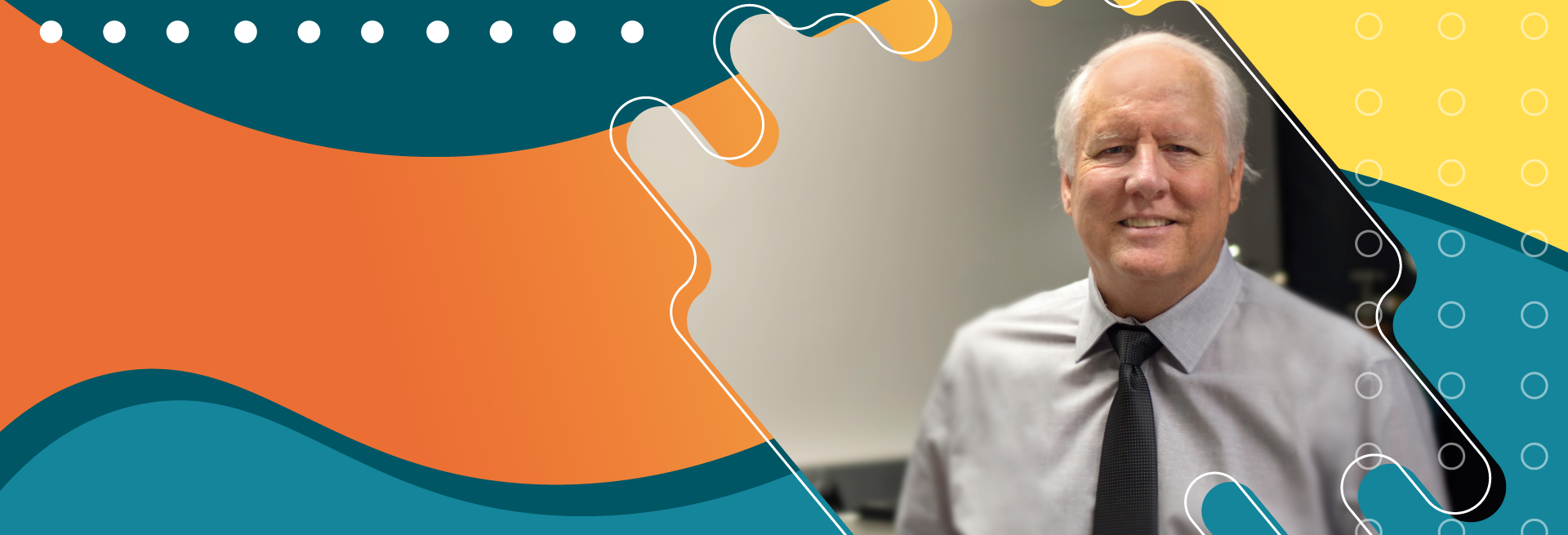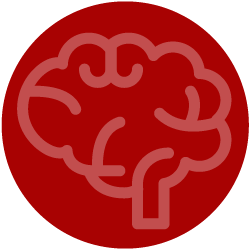I understand that the last thing many of us want to do is look back at 2020. It certainly was a year that most will never forget, with a pandemic surrounding us, engulfing too many, still. Most Happy New Year’s memes I saw were some version of “Good Riddance! 2020.”
Despite all the stresses, pain and loss, remarkable acts of devotion, kindness and resilience were evident. The successes achieved are definitely worth remembering. In particular, I was continually amazed by the steadfast attention our faculty and staff gave to each other and our students, trying their best to keep ships afloat and fill the void left by shutdowns, empty classrooms and work-at-home mandates.
One example of this was the Summer Neuroscience Scholars (SUNS) program, organized last summer by Dr. Nicole Baganz to minimize graduate students’ loss of their summer research experiences. Many of us can look back to this time in our lives, when we were trying to decide our next steps after college – graduate school, medical school, a hundred other choices – and had the great fortune to engage in a summer research internship.
My summer internship led to a career as a neuroscience researcher, not as a clinician as I had planned. Medical school was an option, but a direction I was meandering toward until I found my path through a summer research experience. Without this opportunity, and the multiple conversations then about the road ahead with my peers and mentors, I doubt I would have had the confidence to decline my medical school offer, without another option having been identified, just weeks before classes were to start. Truly, I didn’t know what awaited me in the next moment or the next months. I just finally saw the path that I was meant to take. I took that turn, and have never looked back, and feel very fortunate for the opportunity, a life-changer.
A shared understanding of what many of our students were missing led members of our faculty to offer the SUNS program, a summer-long session of intense online activities providing an opportunity for self-discovery through a guided tour of the questions, experiments, twists and turns of our past science, so they can better see what drives our research today. The program was built through collaborations with FAU faculty, Kate Guthrie, Ph.D., Maureen Hahn, Ph.D., Ceylan Isgor, Ph.D., Felix Mayer, Ph.D., Ning Quan, Ph.D., Osama Refai, Ph.D., Cathy Trivigno, Ph.D., Carmen Varela, Ph.D., Jenny Wei, Ph.D., Amy Wright, Ph.D., and with the help of graduate student Samantha Stilley and research assistant Samantha McGovern.
Through one-on-one discussions, student presentations and Zoom meetings we discussed research ethics and careers after college. Working with our SUNS students last summer was a career highlight, and something I used to steady my own efforts to cope. Their engagement was invigorating and continues to allow me to see just how much we had accomplished this past year, despite everything. Read more about the SUNS program on page 28 of MasterMinds, 2021.
Despite its adversity and tragic losses, the past year feature remarkable achievements by our faculty and trainees, many of which are profiled in the following pages of MasterMinds 2021. We made it through a year we will never forget, together. I cannot thank you all enough.
Randy D. Blakely, Ph.D.
Executive Director
FAU Brain Institute

